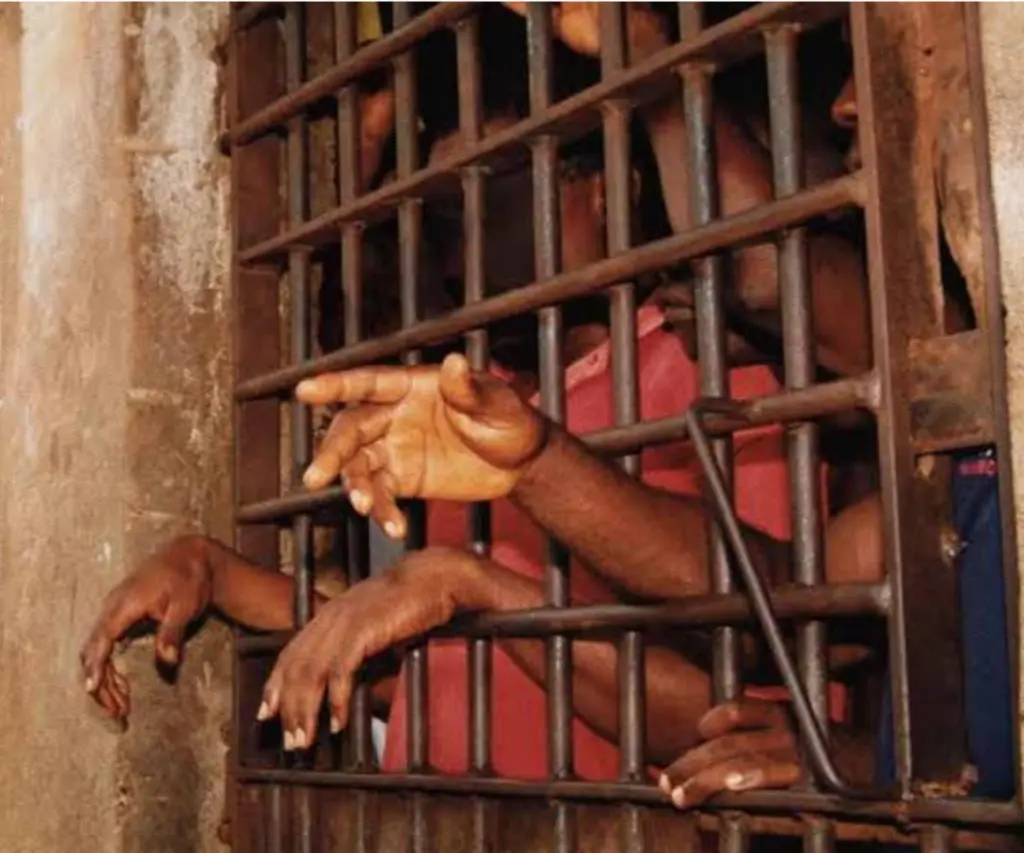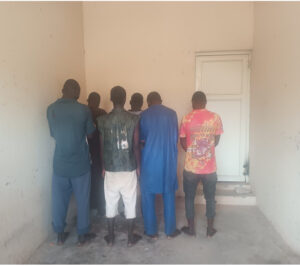“We were crammed in like sardines—hundreds of us in a room made for just twenty,” says 50-year-old Idris (not his real name), who shared his horrifying experience at Ibara Correctional Centre in Abeokuta. He recalled dealing with everything from skin rashes and head lice to bedbugs and mental breakdowns.
Idris’s trouble began on a sunny afternoon when he stopped to greet an old friend near the PDP secretariat in Abeokuta. Unknown to him, the area had seen cult violence the day before. Shots were fired. He was hit, fought back, but was eventually overpowered. After treatment for a neck injury at Federal Medical Centre, he was taken into custody, where he was charged with attempted murder and illegal possession of firearms.
He spent almost two years awaiting trial before a humanitarian group secured his release. During that time, he said the prison was like living in hell. His cell was next to the kitchen, making the heat unbearable day and night. The extreme crowding meant inmates had to sleep packed tightly together, like sardines in a tin. He said this environment led to mental health issues and constant physical discomfort.
He also criticized the prison food, describing it as inadequate even for a child. Meals consisted mainly of garri and beans, with rice only on Wednesdays and Saturdays. Inmates often joked that the poor nutrition affected their health badly, with some even claiming hunger had damaged their reproductive organs.
In 2019, the Nigerian Prisons Service was renamed the Nigerian Correctional Service to shift focus from punishment to rehabilitation. But that goal remains far from reality. Instead, prisons have turned into overcrowded holding grounds where inmates lack basic needs like space, hygiene, and medical care.
By 2025, Nigerian prisons held 81,287 inmates. Out of these, only 27,701 had been convicted, while 53,178 were still awaiting trial. Among them were 79,193 men and 2,006 women. In Ogun State alone, Ibara prison, designed for 700 inmates, now holds more than double that number—1,468. Oba correctional centre, built for 850, holds 999.
Idris said healthcare was nearly nonexistent in prison. People died of ulcers, and those with measles sometimes lost their minds. Medicines were limited to painkillers like paracetamol, and more serious treatments required help from family members outside.
He blamed the slow justice system for worsening prison congestion and causing trauma. Many inmates are held for petty offences like stealing small amounts of money. Some spend years inside without trial, and during that time, they mix with hardened criminals and often come out worse than they went in.
According to him, prison no longer reforms people—it breeds criminals. Some inmates, despite being in for minor offences, end up learning from more dangerous criminals. Others even participate in robberies outside the prison through connections they form behind bars.
Ayomide Olagoke, another inmate, pleaded with the government to act. A master’s degree holder, he spoke during his convocation ceremony at the correctional centre, where he earned a theology degree. He said many inmates had reformed and deserved a second chance. He asked for pardons and amnesty, especially for those who have been held for years without trial. He worried about families suffering outside while their loved ones remain locked up for as long as seven to nine years.
Ogun State’s Chief Judge, Justice Mosunmola Dipeolu, has also expressed concern. She recently visited Sagamu prison and was alarmed by the living conditions. Inmates had no room to lie down and were forced to sit or stand all day. She said some had been waiting for trial since 2013—a full 12 years.
Despite several efforts to release inmates and reduce the population, the state’s Controller of Corrections, Abioye Adesina, confirmed that the problem of overcrowding persists.
Ogun’s prisons reflect a broken system—where justice is slow, inmates are abandoned, and lives are lost behind bars.







